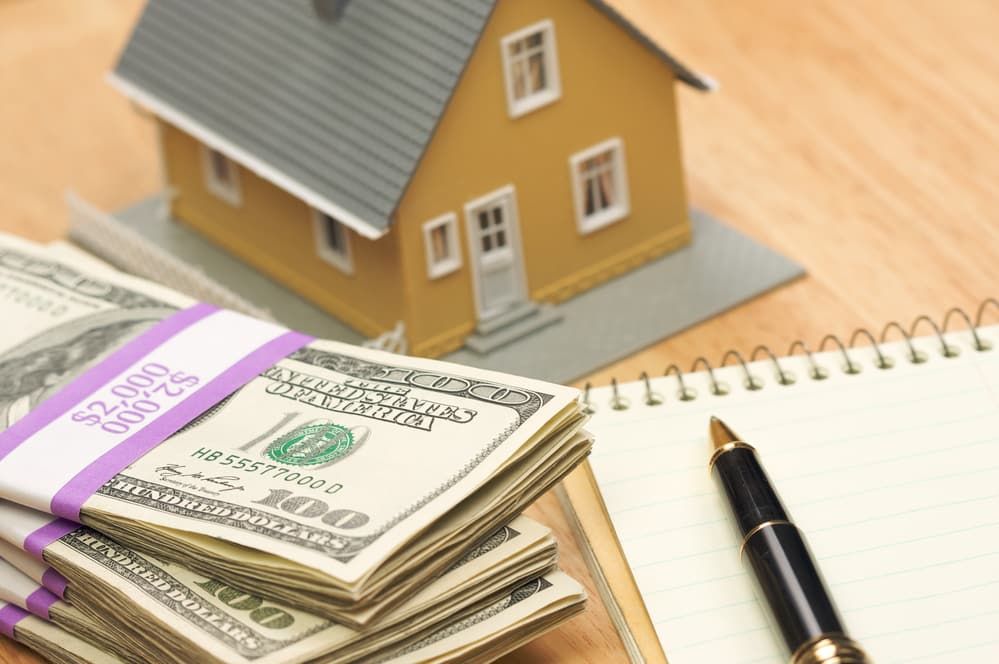The Role of Earnest Money in Buying a House
Earnest money is a deposit placed by the proposed buyer in a real estate transaction.
Also known as an earnest deposit, these funds serve as an assurance to the seller that you are a serious and qualified buyer, and that you intend to fulfill the terms of the contract.
These funds are held in escrow by the title company and disbursed to the party who is entitled to them under the terms of the contract.
What Is Earnest Money?
Legally, a contract must have consideration — money or something of value — to be valid. The earnest deposit is a sum of money the buyers use to demonstrate their sincere intent to complete a transaction.
In real estate, the buyer offers this deposit to give the seller an assurance that, if the seller takes their home off the market but the buyer fails to close, the seller will have some financial compensation for the damages they incur.
If the buyer closes on the home purchase, the earnest deposit is applied to the purchase price. But if the buyer fails to complete the purchase, the disposition of this deposit will depend on the circumstances that led to the transaction being canceled and the terms of the contract.
How Much Earnest Money Is Required for Buying a House?
Although no set amount of earnest money is required when buying a house, most buyers put up about 1 percent of the contract price.
So if you write a contract to purchase a home for $500,000, you will ideally be prepared to offer a $5,000 earnest deposit.
You can propose any amount of earnest deposit you prefer. However, if your earnest deposit is small, the seller may perceive that you either lack the financial capacity to purchase or that you are not that serious of a buyer. If you and another potential buyer submit identical offers, sellers will typically look more favorably upon the offer that carries the largest earnest deposit.
The best approach is to let your Realtor® recommend the most appropriate deposit, based on market conditions and other factors specific to the transaction.
Will I Get My Earnest Money Back if the Sale Falls Through?
If you cancel the transaction, you can get your earnest money back under certain circumstances, as long as your contract terms permit.
For example, your deposit will be refunded by the title company if you decide to cancel the contract during the inspection period. If the home doesn’t appraise for the contract amount — and if the seller doesn’t agree to lower the price — you will typically have the option of canceling your contract and getting a refund of your earnest money. If you request repairs and the seller refuses, you also have the option to cancel the contract and get your deposit back.
If you breach the contract in any way, however, expect to lose your deposit. Consequently, it is imperative that you understand your obligations before you sign the contract.
In Southern California, having a Realtor® to represent you in a real estate transaction is the best way to protect your financial interests. Your agent will help ensure that your transaction goes smoothly and proceeds in accordance with the terms of the contract. In Yorba Linda and the surrounding communities, The Edie Israel Team provides experienced, professional representation for real estate buyers and sellers. Contact us today to for answers to all your questions about earnest money and the process of buying a house.





